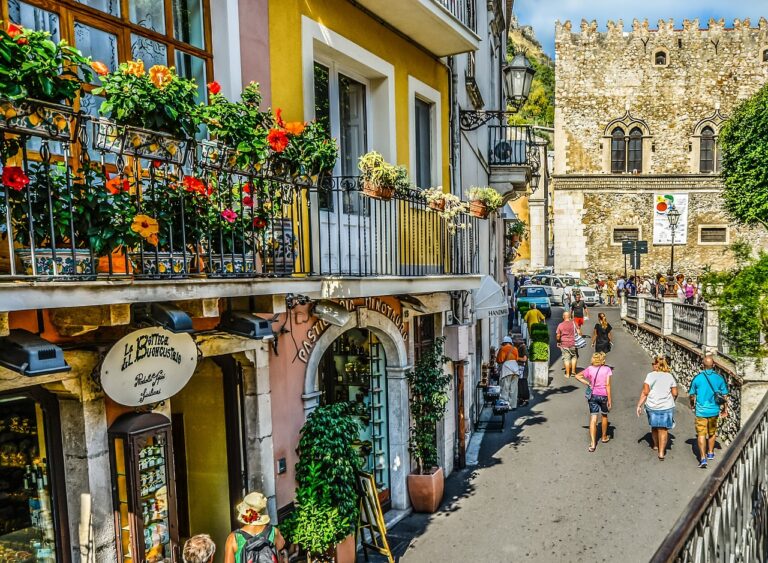The Intriguing World of Dark Tourism: Visiting Historical Sites with Dark Pasts
Dark tourism involves visiting sites that are associated with tragedy, death, and controversy. These sites could include locations where natural disasters, terrorist attacks, or significant historical events have occurred. Despite their dark and somber nature, these places attract a specific type of tourist interested in delving into the darker aspects of human history.
One of the reasons why people are drawn to dark tourism sites is the opportunity to gain a deeper understanding of past events and the impact they have had on society. By visiting these locations, individuals are able to connect with history in a more profound and emotional way, allowing them to reflect on the fragility of life and the resilience of the human spirit.
Origins of Dark Tourism: How It Began
Dark tourism, often known as thanatourism, traces its roots back to ancient civilizations. The practice of visiting sites associated with death and tragedy has been a part of human history for centuries. From the gladiatorial arenas of ancient Rome to the burial sites of pharaohs in Egypt, people have long been drawn to places linked with mortality.
While the term “dark tourism” may be relatively new, the concept itself has existed in various forms throughout history. Pilgrimages to sites of religious martyrdom, such as the catacombs in Rome, can be seen as early examples of dark tourism. Over time, the reasons for visiting such sites have evolved, reflecting changing attitudes towards death, memory, and the desire to understand the darker aspects of human history.
What is dark tourism?
Dark tourism is the act of visiting sites that are associated with death, tragedy, or controversy.
How did dark tourism originate?
Dark tourism has its roots in various historical events, such as pilgrimages to sites of religious martyrdom or visits to battlefields.
What are some examples of dark tourism sites?
Examples of dark tourism sites include concentration camps, former prisons, disaster zones, and sites of natural disasters.
Why do people engage in dark tourism?
People engage in dark tourism for a variety of reasons, such as a desire to understand history, pay respects to the deceased, or satisfy a morbid curiosity.
Is dark tourism ethical?
The ethics of dark tourism can be debated, as some argue that it is disrespectful to visit sites of tragedy for entertainment purposes, while others believe it can serve as a valuable educational experience.





